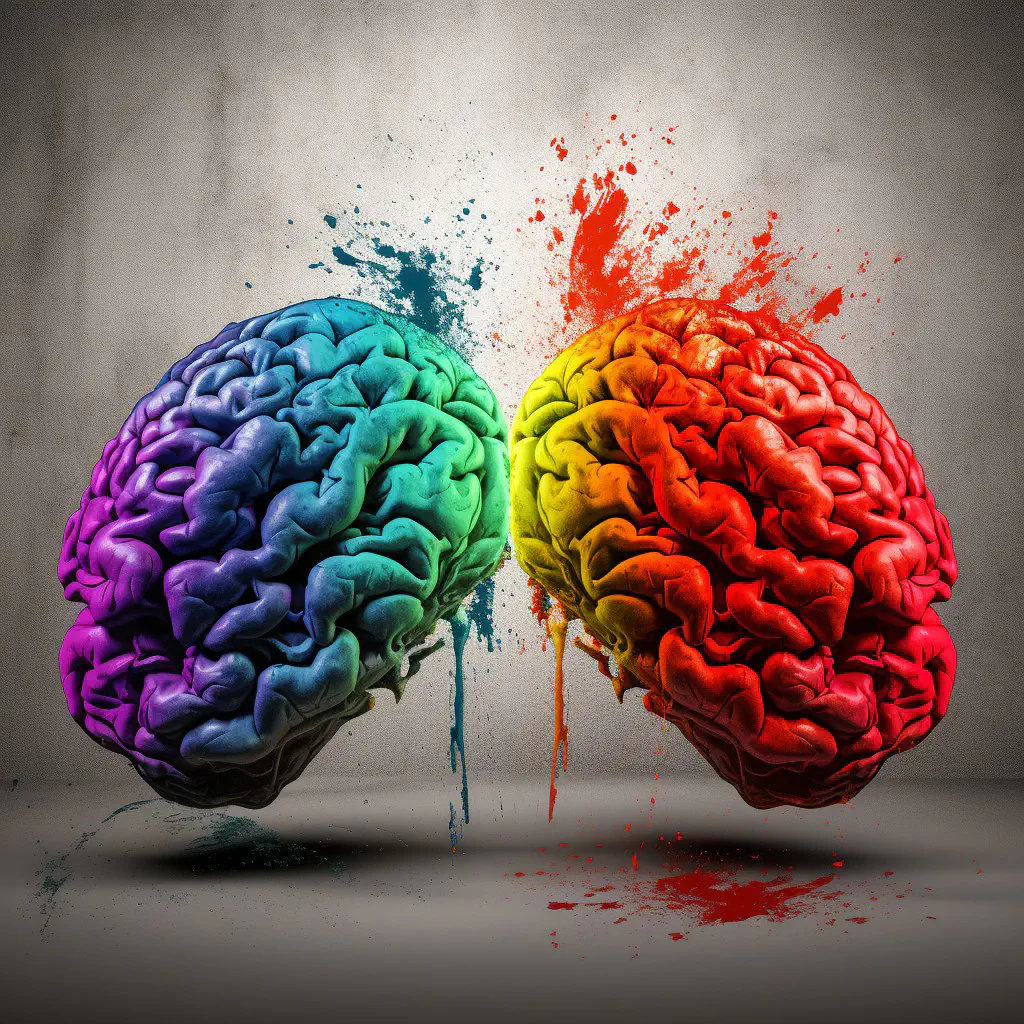
What is High-Level Thinking?
High-level thinking is a cognitive process that involves abstract and complex reasoning. It is characterized by the ability to analyze information, synthesize ideas, and develop new concepts. High-level thinking typically requires a strong foundation in factual knowledge and the ability to connect disparate pieces of information to form a new idea or concept.
Skills Required for High-Level Thinking
To engage in high-level thinking, an individual must possess certain skills, including:
- Analytical Thinking: the ability to break down complex information into smaller parts and analyze each part to gain a deeper understanding.
- Synthetic Thinking: the ability to take disparate pieces of information and combine them to form a new idea or concept.
- Imaginative Thinking: the ability to think creatively and imagine new ways of solving problems or conceptualizing ideas.
- Reflective Thinking: the ability to evaluate one’s own thinking and make corrections or adjustments as necessary.
Examples of High-Level Thinking
Examples of high-level thinking include:
- Developing a new theory or concept based on existing research and knowledge.
- Creating a new product or service that solves a current problem or meets a need in the market.
- Synthesizing information from multiple sources to develop a new hypothesis or idea.
- Analyzing and evaluating the effectiveness of a marketing campaign to improve future efforts.
Overall, high-level thinking is a critical skill for success in both personal and professional settings. By engaging in this type of thinking, individuals can develop new ideas, solve complex problems, and create innovative solutions to the challenges they face.
What is Critical Thinking?
Critical thinking refers to the process of analyzing information to form a well-reasoned judgment or evaluation. It involves deliberate and systematic processing of information, often requiring the skills of reasoning, analysis, interpretation, evaluation, and problem-solving.
Key components of Critical Thinking
Logical Reasoning
Logical reasoning is essential in critical thinking as it helps us to reach conclusions based on evidence, reasoning, and observations. It involves evaluating and analyzing arguments based on whether they are sound or not.
Attentive Observation
Attentive observation is the ability to observe and gather information accurately. This type of observation enables a person to pick up on details that may be missed by someone who is not paying attention.
Fair-Mindedness
Fair-mindedness is the ability to approach issues in a way that is objective and unbiased. It involves considering all sides of an argument objectively, rather than just taking one side.
Critical Thinking in Practice
Critical thinking is essential in various aspects of our lives. In the workplace, employees with strong critical thinking skills are better equipped to analyze information, identify problems, and provide effective solutions. In personal life, critical thinking helps individuals to make informed decisions, evaluate arguments, and solve complex problems.
The Importance of Developing Critical Thinking Skills
Developing critical thinking skills can be valuable in any field or situation. It enables individuals to think more deeply and critically about issues, making them more efficient problem-solvers. Critical thinking skills can also improve communication, as individuals can more effectively convey their ideas and reasoning.
Conclusion
Critical thinking is a vital cognitive skill that plays an essential role in personal and professional development. It involves analyzing information, evaluating arguments, and making informed decisions. By developing critical thinking skills, individuals can become better equipped to solve problems and make informed decisions in all aspects of their lives.
Why Do These Different Types of Thinking Matter?
Both high-level thinking and critical thinking are important skills to have, and they serve different functions in our lives. High-level thinking allows individuals to think expansively, creatively, and abstractly. It enables people to brainstorm new ideas, synthesize complex pieces of information, and envision the big picture.
On the other hand, critical thinking involves analyzing and evaluating information to form rational conclusions or make informed decisions. It involves identifying faulty logic, weighing the evidence, and detecting inconsistencies.
These different types of thinking are essential for success in many personal and professional environments. They help individuals navigate complex issues, solve problems, make informed decisions, and communicate ideas more effectively.
In a professional setting, high-level thinking skills are particularly important for leaders and entrepreneurs. These individuals must be able to envision new business opportunities, cultivate innovative solutions, and think creatively to compete in a rapidly changing marketplace. Without high-level thinking, businesses can become stagnant and fail to adapt to changing circumstances.
Meanwhile, critical thinking is vital in many fields, including law, medicine, science, and finance. In these areas, individuals must be able to analyze complex data, identify patterns or inconsistencies, and make sound decisions based on the available evidence. They must also be able to recognize potential issues, anticipate consequences, and develop effective solutions.
In a personal setting, both high-level thinking and critical thinking skills can be applied to everyday problems and challenges. These skills can help individuals navigate complicated relationships, make important life decisions, and think creatively about their goals and aspirations.
Overall, understanding the differences between high-level thinking and critical thinking is essential for anyone looking to cultivate a more insightful and skilled mindset. By practicing both types of thinking, individuals can become more creative, analytical, and effective problem-solvers, better equipped to tackle challenges across all areas of their lives.
Conclusion
In conclusion, the ability to think critically and engage in high-level thinking is essential to success in personal and professional environments. By differentiating between high-level thinking and critical thinking, individuals can leverage these thinking styles to their benefit. High-level thinking allows individuals to think creatively and envision the big picture, while critical thinking enables them to analyze information and make informed decisions.
Moreover, both types of thinking are complementary to one another, rather than mutually exclusive. For instance, high-level thinking aids in brainstorming multiple solutions to a particular problem, while critical thinking assists in evaluating these solutions and selecting the best one. By practicing both types of thinking, we can become more insightful and skilled problem-solvers, better equipped to tackle challenges in various areas of our lives.
In summary, understanding the differences between high-level thinking and critical thinking is crucial in sharpening our problem-solving skills in both personal and professional settings. Engaging in both types of thinking enables us to approach problems from different perspectives and make informed decisions based on critical evaluation and creative thinking.

